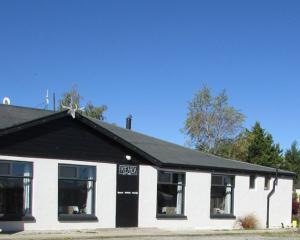
It is a prediction included in the Regional Deal for Otago Central Lakes document, which Queenstown Lakes district councillors will discuss at today’s meeting before sending it to the government for assistance and approval.
The document said without intervention and more investment Queenstown risked "becoming the next Barcelona" where there have been protests against mass tourism, which could garner "worldwide attention and creating a reputation of local hostility".
The report included data from a resident survey showing Queenstown had the lowest tourism approval rating in New Zealand. The score of 18 indicated "disapproval" and less than half the national average of 48.
"As visitor numbers grow, residents’ sentiment towards tourism declines, resulting in a less welcoming community and impacting visitor experiences," the document said.
"This stark difference shows the precariousness of tourism’s social licence in this sub-region and highlights the urgent need to cultivate positive community attitudes by improving infrastructure and implementing effective destination management practices."
It also lists a host of priorities, which required the government working with the council in order to address them, such as roading.
It forecast some pretty dire outcomes if support did not come.
It predicted peak traffic doubling on key routes and by 2028 average travel times would match today’s peak.
"For example, peak times between Lake Hayes Estate and Queenstown Town Centre [11km trip] are projected to regularly exceed 60 minutes."
Traffic congestion could also risk visitors bypassing Otago Central Lakes.
Queenstown Lakes District Mayor Glyn Lewers acknowledged there were a host of issues which could come to a head if they were not addressed.
But he felt the solutions outlined in the document, which required the assistance of central government and iwi partnership funding, could present a "magnificent opportunity" for the region.
There was the ongoing "social licence" issue of tourism, and the region was already looking towards a model that highlighted experience over volume, he said.
"There’s no magic bullet solution, but with this deal, we would like to think we at least have a bullet in the chamber."
The document — which mentions the word "tourism" more than 100 times — said Otago Central Lakes would already add billions of dollars of growth to New Zealand’s GDP over the next decade, but the sub-region could "add billions more with the right infrastructure and services in place", "act as a shopfront for broader opportunities for NZ Inc" and "be a test bed for regional models that could be rolled out elsewhere" if the government got on board.
Mr Lewers said the region was not "consigning ourselves to the status quo" and the deal presented positive opportunities for everyone.
"This is our batting lineup. Now it’s time for the government to let us take a swing."











